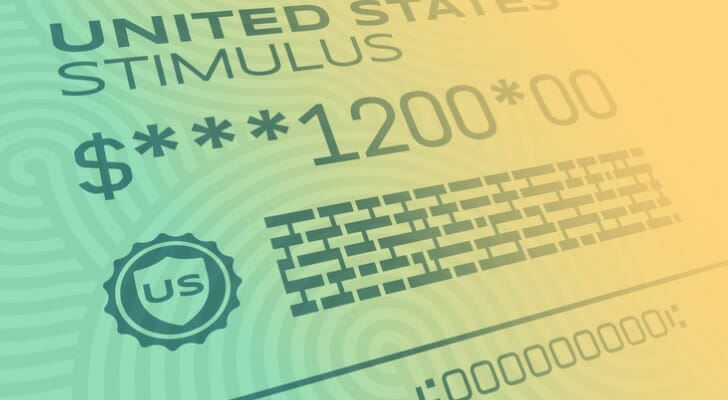On September 24th, the U.S. District Court for the Northern District of California concluded the case of Scholl vs. Mnuchin ruling that incarcerated people can collect the $1,200 CARES Act stimulus check. The ruling issued an order granting the plaintiffs a preliminary injunction to halt the Trump administration’s denial of CARES Act funds to incarcerated persons. Prior to the September 24th ruling the IRS claimed that incarcerated people do not “qualify” to receive the stimulus funds.
On April 10th the Bureau of Fiscal Services sent 84,861 payments totaling approximately $100 million to incarcerated persons. In response to these payments, the IRS issued guidance asking individuals who received a direct deposit payment to repay the funds by submitting a personal check or money order back to the IRS. The continued confusion over CARES Act funds for the incarcerated landed Treasury Secretary Steven Mnuchin, the U.S. Department of the Treasury, and the United States of America in a US District Court.
An amicus brief co-authored by the American Civil Liberties Union of Northern California and East Bay Community Law Center and co-signed by more than 20 criminal justice organizations highlighted a list of arguments on behalf of the incarcerated. The two primary arguments set forth were: “Delay of CARES Act Funds to Incarcerated People Will Cause Irreparable Harm to Communities Most Impacted By The COVID-19 Crisis” and “Defendants’ Withholding of Benefits From Incarcerated People Causes Irreparable Harms Related to the COVID Crisis that the CARES Act Is Designed To Ameliorate.”
The amicus brief sites the exorbitant amount of harm done to Black and Brown communities throughout the COVID-19 crisis. Black and Brown Americans are disproportionately incarcerated in the United States. According to the PEW Research Center 53% of Hispanic Americans and 43% of Black Americans say they or someone else in their household have either been laid off or taken a pay cut because of the coronavirus outbreak, compared with 38% of white adults. The amicus brief reads “COVID-19 has further exacerbated already existing disparities in unemployment and wealth acquisition, particularly for Black Americans.”
This case benefits people who were incarcerated both before and after March 27, 2020. Eligible individuals can receive up to $1,200 per person, or $2,400 for married couples filing jointly, plus $500 per qualifying child.
The decision made in School vs. Mnuchin provides “Class Certification” for individuals who were incarcerated at any point from March 27, 2020 to the present and who meet the requirements of the CARES Act.
With millions of people incarcerated across the country, this ruling will provide relief for thousands of incarcerated people and their families. On October 1, the House of Representatives passed a stimulus bill calling for a second round of $1,200 checks. If that Bill gets through the Senate, incarcerated people could receive a payday the likes of which this country has never seen.
The filing deadline to receive the first stimulus check was October 15th, but has been extended to November 21st.

